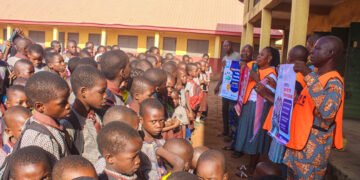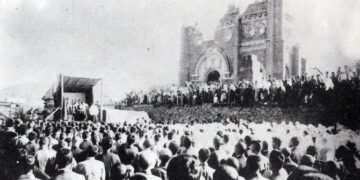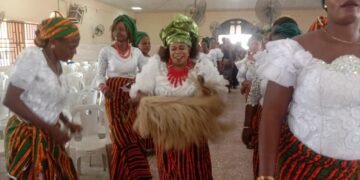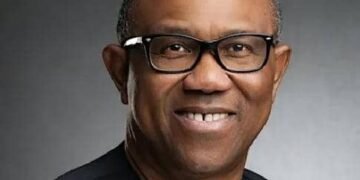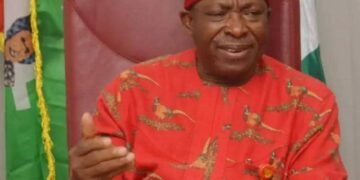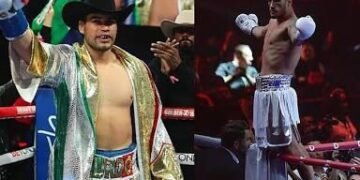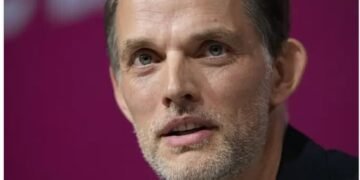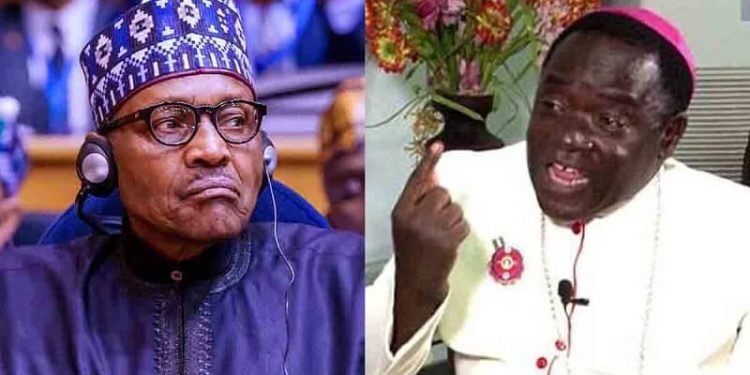By Charles Igwe
As Nigerians reflect on the eight-year tenure of former President Muhammadu Buhari, there is a growing chorus of condemnation for the state of corruption that plagued the nation during his administration. Bishop Matthew Hassan Kukah, the bishop of the Catholic Diocese of Sokoto, has joined the voices of disapproval, asserting that Nigeria witnessed the darkest phase of corruption under Buhari’s watch.
Addressing an audience at the 60th call to bar anniversary celebration of legal luminary Aare Afe Babalola in Ado Ekiti, Bishop Kukah expressed his deep concern over the moral and financial decay that escalated during the Buhari era. While acknowledging that corruption did not originate with Buhari, he emphasized that his administration exacerbated the problem and allowed it to permeate every aspect of Nigerian society.
“We have seen the worst phase of corruption in Nigeria,” Bishop Kukah lamented. He further referenced the work of his colleague, Femi Falana, who has extensively documented the corruption that unfolded under the Buhari administration. The bishop highlighted the disturbing implications of this corruption, not only in terms of financial losses but also the erosion of moral values that underpin the fabric of Nigerian society.
In addition to the corruption epidemic, Bishop Kukah expressed deep concern over the erosion of Nigeria’s sovereignty. He spoke of the alarming reality that the nation is seemingly held hostage by bandits and terrorists, who threaten the very foundations of democracy and the country itself. The bishop’s words underscored the urgent need to confront these challenges head-on and reclaim Nigeria’s rightful place as a sovereign and democratic nation.
Bishop Kukah did not spare the judiciary from criticism, stating that like other institutions in Nigeria, it has also fallen victim to the crisis facing the nation. He acknowledged the loss of faith that many Nigerians have experienced in the judiciary, emphasizing the need for comprehensive reforms to restore public trust.
Despite the grim assessment of the past administration, Bishop Kukah struck a hopeful note. He urged Nigerians to view the 2023 general elections as a turning point, an opportunity to leave behind the “ugly past” and embark on the journey of rebuilding the nation. He called for a collective effort to reconstruct Nigeria, emphasizing that democracy is a continuous process that requires the commitment and active participation of all citizens.











